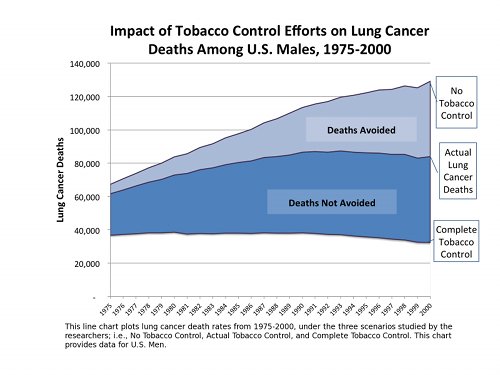Editorial: The Ethics for Early Evidence
Dr. Steven Pearson of the Institute for Clinical and Economic Review at the ITA recently published an editorial with colleagues in the New England Journal of Medicine titled “The Ethics of Early Evidence – Preparing for a Possible Breakthrough in Alzheimer’s Disease.” Researchers recently demonstrated the drug bexarotene is effective in treating Alzheimer’s disease … Read more
